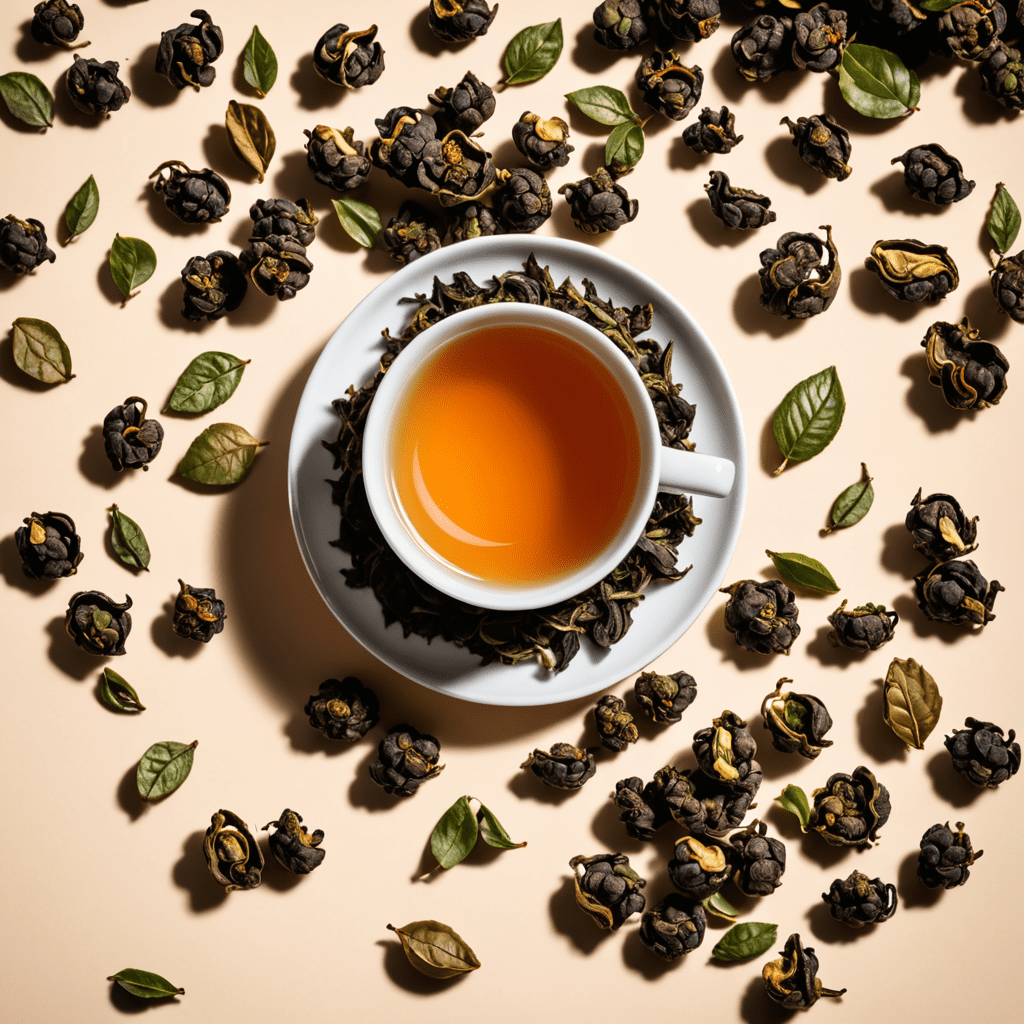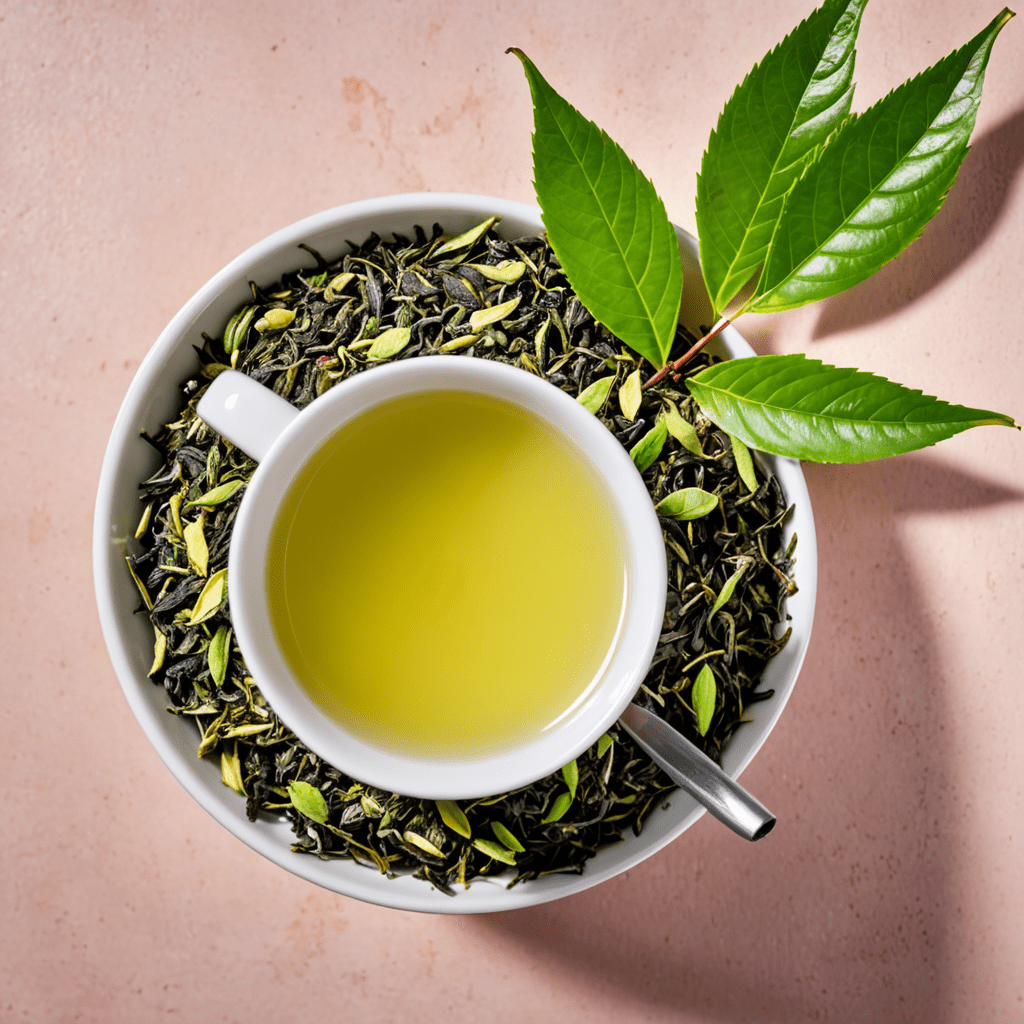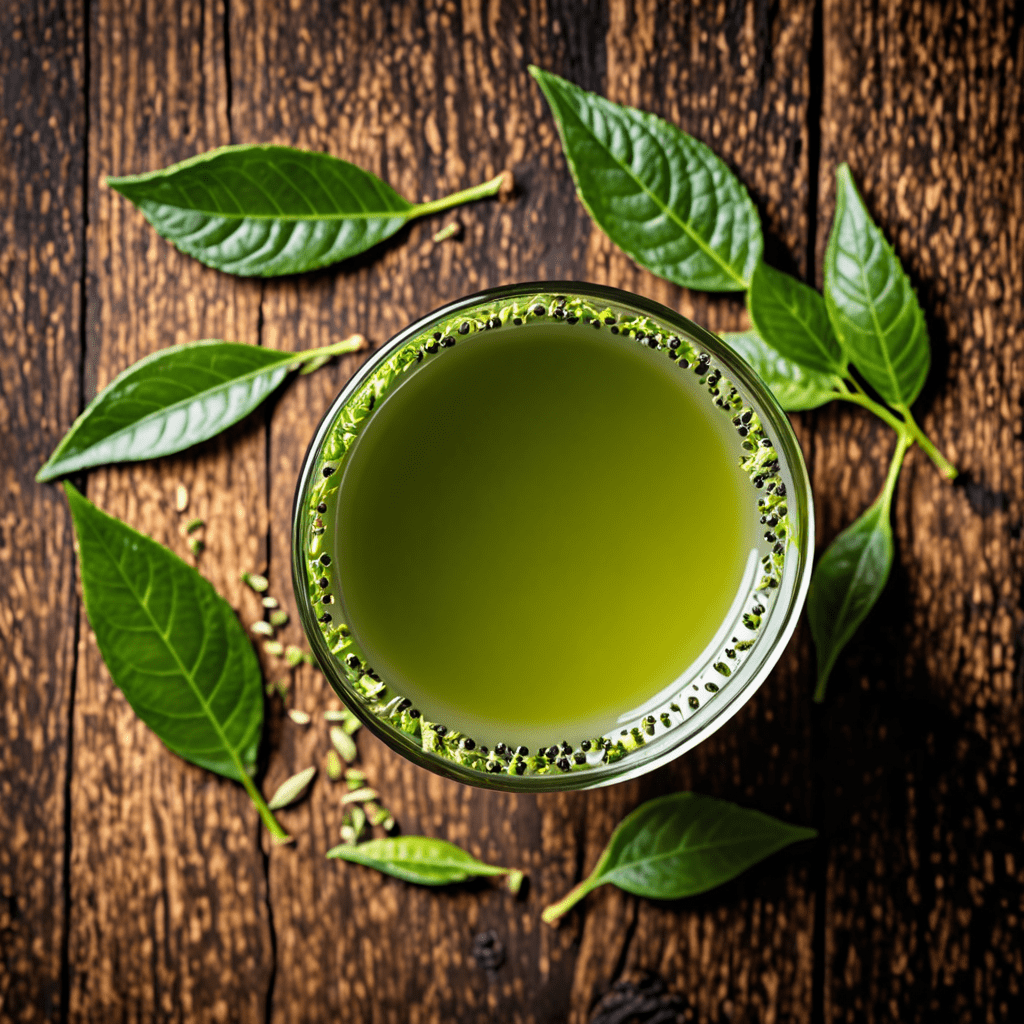Ceylon Tea: A Blend of Tradition and Innovation
I. Historical Roots of Ceylon Tea Culture
Nestled in the heart of the Indian Ocean, Sri Lanka, formerly known as Ceylon, has a rich tapestry of tea history dating back over 150 years. Ceylon tea's legacy began in the 1860s when Scottish planters introduced tea seeds to the island's fertile soil. The tea industry flourished, transforming Sri Lanka into a global tea-producing powerhouse.
II. The Unique Terroir of Sri Lanka
Sri Lanka's exceptional geography creates a unique terroir that imparts unparalleled flavor and aroma to Ceylon teas. The island's diverse microclimates, ranging from the humid lowlands to the misty highlands, allow for the cultivation of a wide variety of tea varieties. The abundance of rainfall and sunshine provides ideal conditions for tea plants to thrive, resulting in teas with a distinctive character.
III. Traditional Tea Cultivation and Processing
Ceylon tea cultivation has long been carried out using traditional methods that have been passed down through generations. Tea plants are carefully pruned and fertilized to maintain optimal growth and yield. Harvesting is done by hand, ensuring the selection of only the finest leaves. The leaves are then meticulously processed to produce black, green, and white teas.
IV. Modern Innovations in Tea Production
While Ceylon tea retains its traditional roots, modern innovations have played a vital role in enhancing its quality and efficiency. Advanced irrigation systems ensure optimal water distribution, while mechanized harvesting techniques improve yield and reduce labor costs. Research and development initiatives have led to the development of new tea varieties and processing techniques, further expanding the range of Ceylon teas available.
V. The Role of Small-Scale Farmers
Small-scale farmers play a significant role in the Ceylon tea industry. They contribute to the diversity of teas produced and maintain traditional cultivation practices. Many small-scale farmers have adopted sustainable farming techniques, including organic and biodynamic methods, to preserve the natural environment and the quality of their teas.
VI. Sustainability and Environmental Practices
Ceylon tea farmers are committed to sustainable and environmentally responsible practices. Many estates have adopted organic and biodynamic methods to reduce the use of chemical pesticides and fertilizers. Conservation efforts focus on preserving biodiversity, protecting watersheds, and promoting reforestation. By embracing sustainability, Ceylon tea producers ensure the long-term health of the industry and the environment.
VII. Health Benefits of Ceylon Tea
Ceylon teas are renowned for their numerous health benefits. Rich in antioxidants, they help protect cells from damage caused by free radicals. Studies suggest that Ceylon tea consumption may support cognitive function, reduce inflammation, and improve cardiovascular health. Furthermore, its polyphenols may aid in weight management and protect against chronic diseases.
VIII. Global Recognition and Appellation
Ceylon tea has achieved worldwide acclaim for its exceptional quality. It has received numerous international awards and accolades, including recognition by the World Tea Expo and the Great Taste Awards. In 2003, the European Union granted Ceylon tea Protected Geographical Indication (PGI) status, guaranteeing its authenticity and origin. This recognition ensures that consumers can trust the source and quality of their Ceylon teas.
IX. Culinary and Lifestyle Applications
Beyond its traditional use as a beverage, Ceylon tea is gaining popularity in culinary and lifestyle applications. Its versatility extends to desserts, pastries, and even savory dishes. Ceylon tea infusions can enhance the flavor of sauces, marinades, and cocktails. Additionally, it finds use in skincare and aromatherapy due to its antioxidant and soothing properties.
X. The Future of Ceylon Tea
The future of Ceylon tea looks promising as both traditional and innovative approaches continue to shape the industry. Research and development initiatives aim to improve tea yields, enhance quality, and explore novel processing techniques. The industry is embracing e-commerce and direct-to-consumer sales, providing greater access to premium Ceylon teas worldwide. By blending tradition with innovation, Ceylon tea producers strive to maintain their legacy while catering to evolving consumer preferences.



